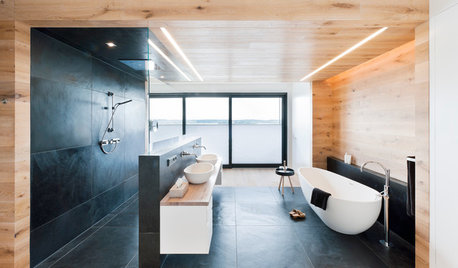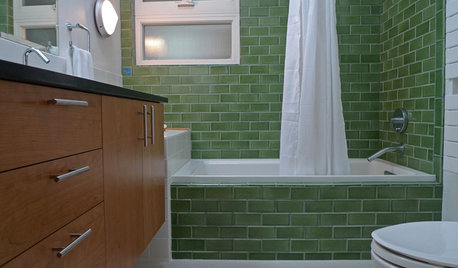Dual Compressors? Dual Evaporators? Someone pls explain these
alwaysfixin
11 years ago
Featured Answer
Sort by:Oldest
Comments (16)
dadoes
11 years agoRelated Professionals
Clarksburg Kitchen & Bathroom Designers · Reedley Kitchen & Bathroom Designers · Allouez Kitchen & Bathroom Remodelers · Emeryville Kitchen & Bathroom Remodelers · Idaho Falls Kitchen & Bathroom Remodelers · Omaha Kitchen & Bathroom Remodelers · Park Ridge Kitchen & Bathroom Remodelers · Sicklerville Kitchen & Bathroom Remodelers · York Kitchen & Bathroom Remodelers · Country Club Cabinets & Cabinetry · Langley Park Cabinets & Cabinetry · Prior Lake Cabinets & Cabinetry · South Gate Cabinets & Cabinetry · North Plainfield Cabinets & Cabinetry · Short Hills Cabinets & Cabinetryalwaysfixin
11 years agoalwaysfixin
11 years agodavidro1
11 years agodadoes
11 years agoweedmeister
11 years agophilwojo
11 years agodadoes
11 years agodavidro1
11 years agoalwaysfixin
11 years agodavidro1
11 years agostargazer57
10 years agokaseki
10 years agoDonna Thompson
8 years agokaseki
8 years ago
Related Stories

LIFEThe Top 5 Ways to Save Water at Home
Get on the fast track to preserving a valuable resource and saving money too with these smart, effective strategies
Full Story
BATHROOM DESIGNDream Spaces: Spa-Worthy Showers to Refresh the Senses
In these fantasy baths, open designs let in natural light and views, and intriguing materials create drama
Full Story
KITCHEN DESIGNTrending Now: 25 Kitchen Photos Houzzers Can’t Get Enough Of
Use the kitchens that have been added to the most ideabooks in the last few months to inspire your dream project
Full Story
GREAT HOME PROJECTSHow to Add a Radiant Heat System
Enjoy comfy, consistent temperatures and maybe even energy savings with hydronic heating and cooling
Full Story
BATHROOM DESIGNBathroom Surfaces: Ceramic Tile Pros and Cons
Learn the facts on this popular material for bathroom walls and floors, including costs and maintenance needs, before you commit
Full StoryMore Discussions








dodge59